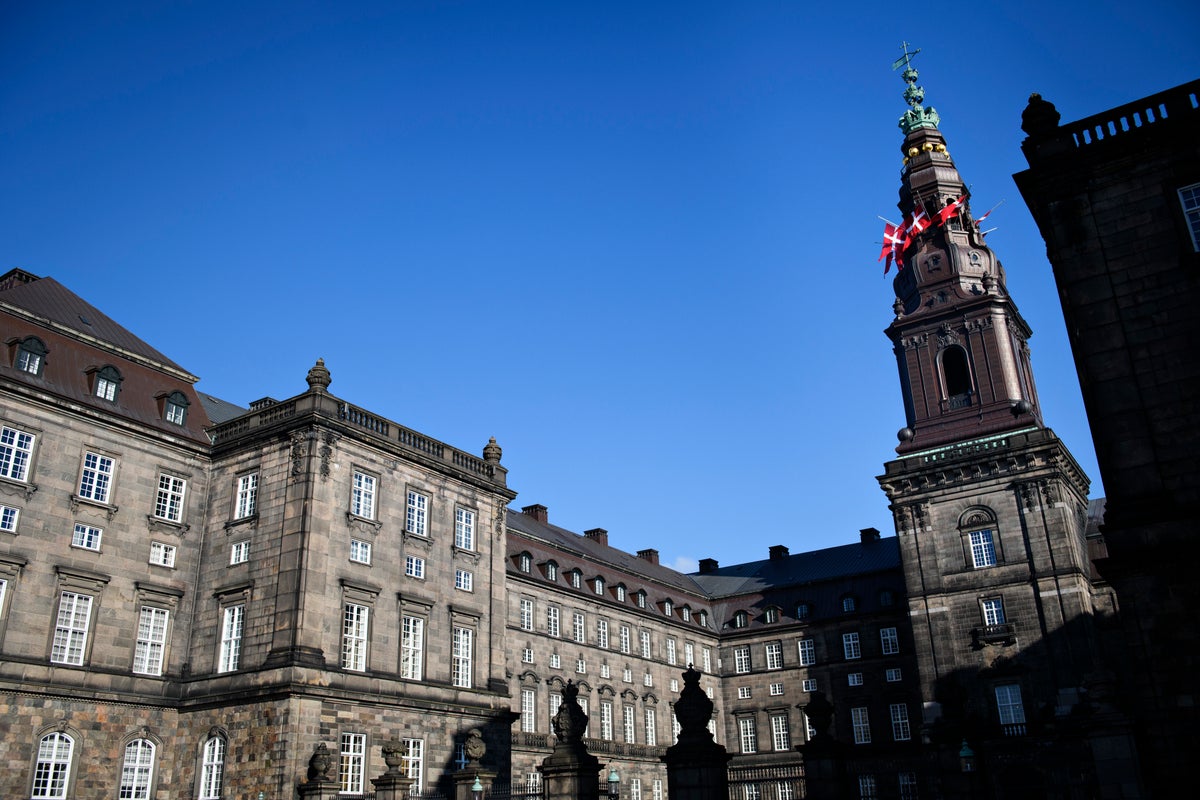From reproductive rights to climate change to Big Tech, The Independent is on the ground when the story is developing. Whether it’s investigating the financials of Elon Musk’s pro-Trump PAC or producing our latest documentary, ‘The A Word’, which shines a light on the American women fighting for reproductive rights, we know how important it is to parse out the facts from the messaging.
At such a critical moment in US history, we need reporters on the ground. Your donation allows us to keep sending journalists to speak to both sides of the story.
The Independent is trusted by Americans across the entire political spectrum. And unlike many other quality news outlets, we choose not to lock Americans out of our reporting and analysis with paywalls. We believe quality journalism should be available to everyone, paid for by those who can afford it.
Your support makes all the difference.
Read more
Denmark is taking steps toward enacting a ban on the use of “deepfake” imagery online, saying such digital manipulations can stir doubts about reality and foster misinformation.
The government said in a statement published Thursday that a “broad cross section” of parties in parliament support greater protections against deepfakes and a planned bill is expected to make it illegal to share them or other digital imitations of personal characteristics.
Culture Minister Jakob Engel-Schmidt, in a statement, said that it was “high time that we now create a safeguard against the spread of misinformation and at the same time send a clear signal to the tech giants.”
Officials said the measures are believed to be among the most extensive steps yet taken by a government to combat misinformation through deepfakes, which refers to highly realistic but fabricated content created by artificial intelligence tools.
Deepfakes usually come in the form of pictures or video but can also be audio. They can make it appear that someone said or did something that they didn’t actually say or do. Famous figures who have been depicted in deepfakes include Taylor Swift and Pope Francis.
Authorities in different countries have taken varying approaches to tackling deepfakes, but they’ve mostly focused on sexually explicit images.
U.S. President Donald Trump signed bipartisan legislation in May that makes it illegal to knowingly publish or threaten to publish intimate images without a person’s consent, including deepfakes. Last year, South Korea rolled out measures to curb deepfake porn, including harsher punishment and stepped up regulations for social media platforms.
Supporters of the Danish idea say that as technology advances, it will soon be impossible for people online to distinguish between real and manipulated material.
“Since images and videos also quickly become embedded in people’s subconscious, digitally manipulated versions of an image or video can create fundamental doubts about — and perhaps even a completely wrong perception of — what are genuine depictions of reality,” an English translation of a ministry statement said. “The agreement is therefore intended to ensure the right to one’s own body and voice.”
The proposal would still allow for “parodies and satire” — though the ministry didn’t specify how that would be determined. It said that the rules would only apply in Denmark, and violators wouldn’t be subject to fines or imprisonment — even if some “compensation” could be warranted.
The ministry said that a proposal will be made to amend Danish law on the issue this summer with an aim toward passage late this year or in early 2026. Any changes must abide by the country’s international obligations and European Union law, it said.
